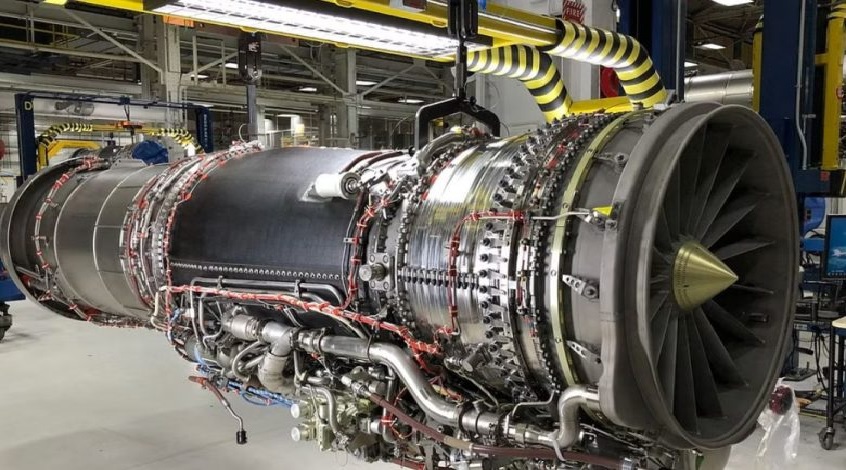Safran Ready to Transfer 100% Tech For Making Fighter Jets in India

Defense News ,India :- India and France are engaged in ongoing discussions to jointly manufacture an engine for India's Advanced Medium Combat Aircraft (AMCA), a fifth-generation fighter jet currently under development. Jawed Ashraf, the Indian envoy to France, revealed that talks between Safran, the French multinational firm specializing in aerospace and defense, and India's Defence Research and Development Organisation (DRDO) are focused on defining specifications aligned with India's future fighter jet requirements.
During a press conference, Ashraf highlighted that the collaboration involves not only the transfer of manufacturing technology but also active participation in the design phase, metallurgical aspects, and more. Safran has expressed a willingness for a 100% transfer of technology in design, development, certification, production, and other related areas. The decision to jointly develop the aero engine was announced during Prime Minister Narendra Modi's visit to France in July 2023 and is a recurring topic in discussions between French President Emmanuel Macron and Prime Minister Modi.
Simultaneously, India has entered into a deal with General Electric (GE) for the manufacturing license of the F-414 engine, already in operation. The F-414 engines will be produced in India by Hindustan Aeronautics Limited, providing the country with access to crucial technologies and industrial processes related to jet engine manufacturing. The engines will power the indigenous Light Combat Aircraft (LCA) TEJAS MK-2 and the initial version of the AMCA.
The AMCA's development is planned in two phases: MK-1, utilizing the F-414 engine, and MK-2, featuring a more powerful engine developed in collaboration with France. This strategic collaboration addresses the challenges faced by India in the past, particularly with the unsuccessful Kaveri project, initiated in 1989 and later shelved. The Kaveri project aimed to develop a local engine but faced obstacles, resulting in significant expenditure and the creation of several prototypes before its eventual closure after 30 years.
This collaboration represents a significant step forward for India, leveraging international expertise and cooperation to propel the development of advanced fighter jet technology, a domain typically guarded closely due to its critical nature in modern warfare.


